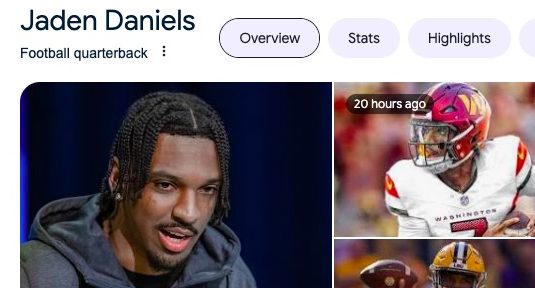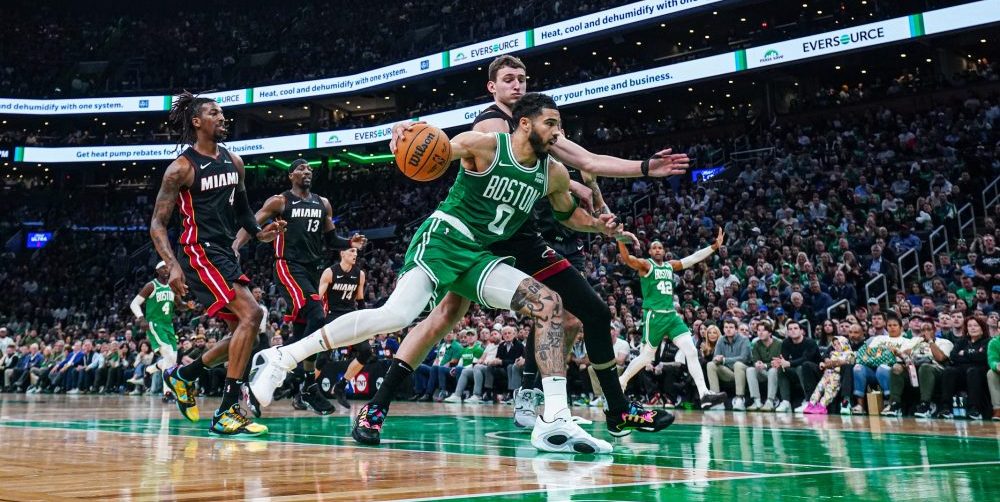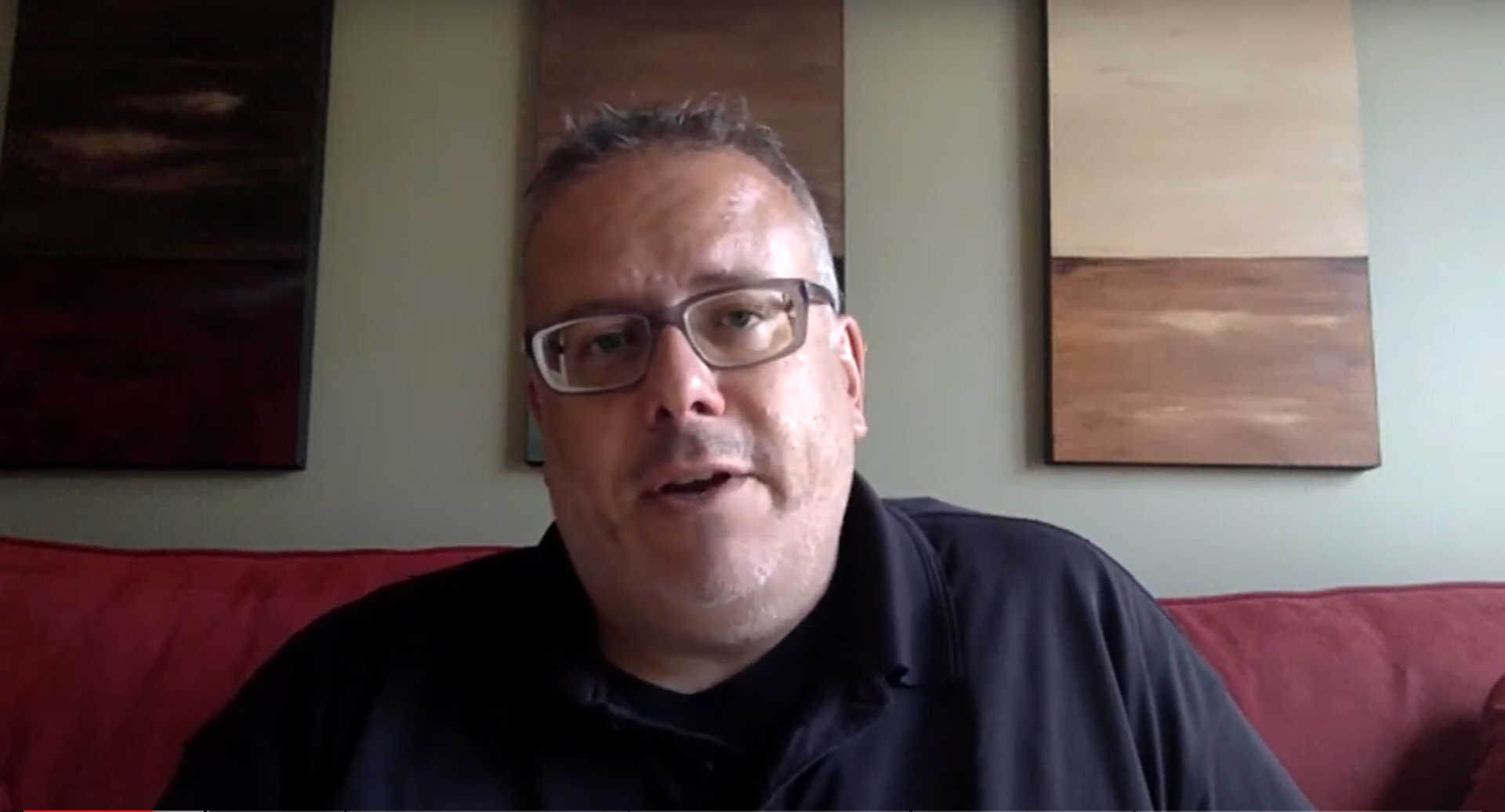In some ways, Skip Bayless was the star of this year’s NBA Finals. ESPN2’s most provocative LeBron-hater brought his A-game this month, criticizing the four-time MVP at every turn, lobbing shots at King James even after Akron’s favorite son had secured a long-awaited title for Northeast Ohio.
And boy did the high-minded Twitter commentariat go crazy. Every tweet was met with a barrage of snark and outrage and personal attacks. Bashing Bayless has always felt like a rite of passage for like-minded sports fans and writers, a universal signal of smart sports fandom. Those who criticize Skip’s “hot takes” don’t believe in vilifying figureheads or endlessly preying on easy targets (unless said easy target figurehead speaks on First Take, of course), and they want everyone to know it.
This effect reached its apex toward the end of the NBA Finals, with Bayless and the rest of the LeBron-hating class drawing the type of anger previously reserved for those who say bad things about Beyoncé. And, you know, the backlash feels disproportionate to the influence of a daytime commentator on ESPN’s jayvee station and an army of anonymous Twitter profiles.
As you see ESPN management types say it's time to stop bashing LeBron, pls. keep in mind they enabled Skip Bayless for more than a decade.
— Richard Deitsch (@richarddeitsch) June 21, 2016
The point here isn’t necessarily to defend Bayless — whose opinions have always seemed silly and, worse, disingenuous — but rather to suggest everyone stop getting quite so riled over so-called hot-takes that represent vast minority opinions and impede smart conversation only if you let them.
Sure, there are people out there who think LeBron is worse than Clyde Drexler, that the Warriors wouldn’t win 30 games in 1985 or that Tim Tebow should be starting for the Eagles. There are also some people in the world who think the moon landing was staged, J. Cole is better than Kendrick Lamar, Gravity deserved Best Picture and the Earth is flat. These people are wrong, but so what? There aren’t enough of them to matter, and even if there were, what difference would their silly opinions make?
If you're dying to pop off a weak af Lebron hater take today, just take your L and preemptively delete your account https://t.co/NJ1STayoR9
— Paul Sporer (@sporer) June 20, 2016
And yet the existence of one bad opinion on the Internet often justifies a tsunami of self-righteous opposition. A conversation about, say, who was the better player, Magic or LeBron might require some nuance, and apparently there’s no time for that. There is, however, time to find the last guy in America who thinks LeBron is a choker and quote tweet him to show everyone how right-minded you are.
The bad thing about social media (and Twitter more specifically) is that we all get exposed to some dumb opinions. The good thing about social media, it seems, is that we get to seek out those dumb opinions and disagree with them loudly to make ourselves look smart. These aren’t quite straw man arguments because we’ve pinpointed the guy with the actual opposing argument, but they might as well be, because our counterpart is either an egg with 34 followers or a guy whose job it is to be provocative and controversial on a second-rate cable network.
S. BAYLESS: [Chokes on own bile while maniacally flailing in search of hot take]
[spits out single word]
"tebow" https://t.co/dnQBYbM2lP
— Greg Wyshynski (@wyshynski) June 20, 2016
Now, maybe not everyone is feigning anger at random trolls so they can feel enlightened. Maybe you’re actually outraged that someone out there said something dumb about LeBron. And if you are, maybe consider… not being outraged about that. There are a lot of truly awful opinions espoused by sports talkers. In the last couple years, high-profile sports media members have compared Muslims to Nazi enablers, blamed victims for domestic violence and turned conversations about basketball into evidence-free treatises on the psychology of growing up fatherless. These opinions are dangerous, the type of things children shouldn’t hear. LeBron James is bad under pressure? That’s as harmless as a dumb opinion gets.
The cool thing about innocuously bad opinions, as opposed to dangerously bad ones, is you can just ignore them, excise them from your life and your mind, and pay them no further worry. If a talking head blathers and no one has the TV set to ESPN2, does it really make a sound?
Hey look another old Skip Bayless take that literally couldn't have been more wrong. https://t.co/o06Dy8mDit
— Ross Bolen (@WRBolen) June 20, 2016
There are two problems with listening to Bayless and retweeting the Twitter trolls (something Awful Announcing is admittedly sometimes guilty of). For one thing, it gives them the attention they want and need to maintain their shtick. More importantly, it cheapens our sports conversations, bogs us down in petty arguments when we could be having nuanced discussions. If you and your friend are debating Godfather vs. Goodfellas and someone else comes over and says his favorite film is Scary Movie 2, you’ll probably just nod, smile and sneak away to continue the conversation without him. He’s not going to see the light, and you’ll be happier pretending he’s not even there.
Let’s treat sports talk the same. Let’s ignore the dummies instead of indulging them. Let’s free our mind of indignation at harmless opinions. Let’s stare a flaming hot take in the face, start composing an angry response and then let it die in drafts.
Skip Bayless is leaving ESPN and taking residence at FS1, where he will continue to say dumb things about LeBron and Tebow and whatever else. He’ll be relevant only as long as we pay attention to him. He’s not going to stop talking, but you’re free to stop listening.







